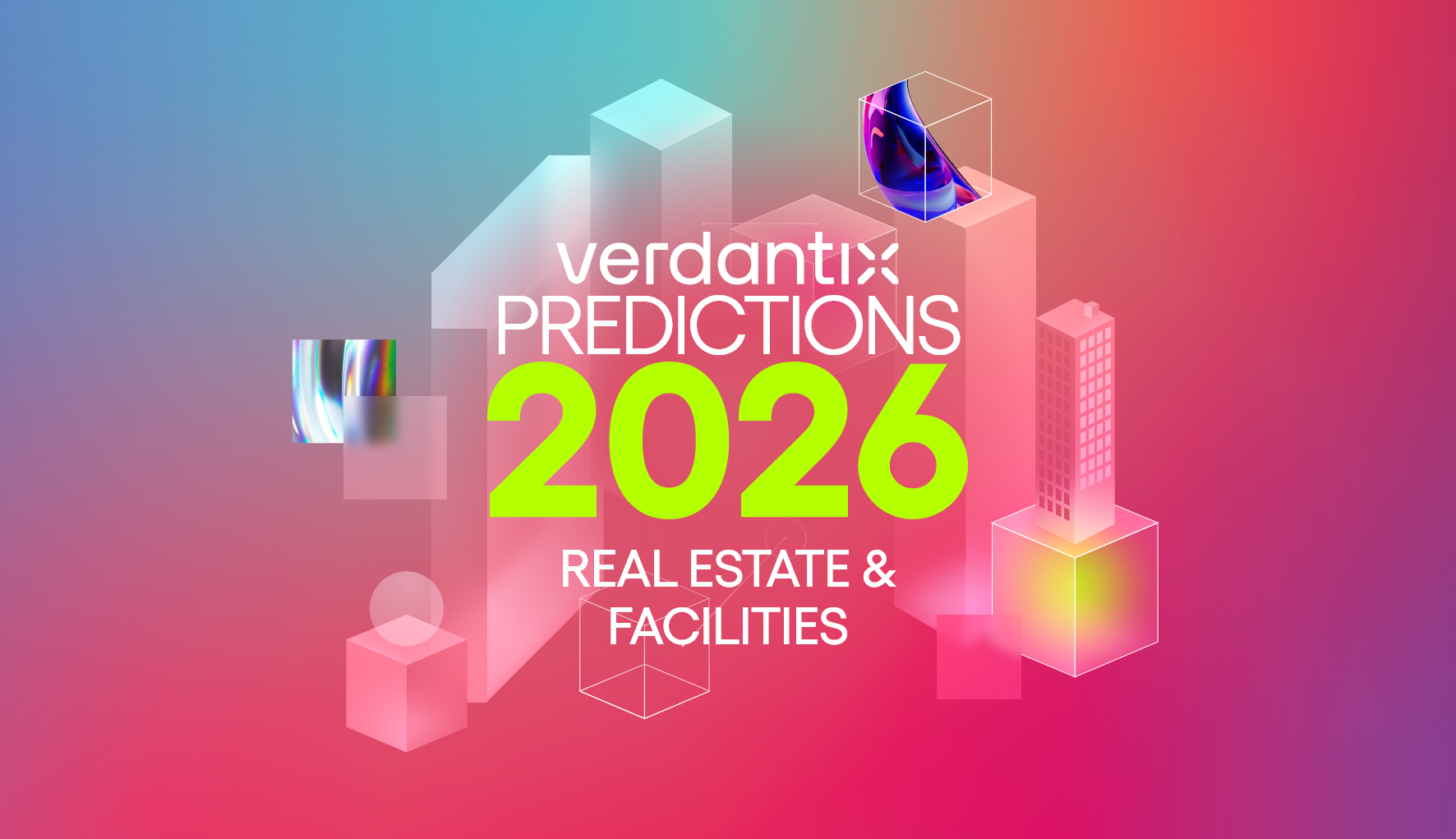Atos And Johnson Controls Partner To Tap The Massive Opportunity For Net Zero Carbon Buildings

Susan Clarke
On September 20, 2021, IT services firm Atos and smart building technology provider Johnson Controls announced a global partnership to support customers with implementing net zero carbon strategies across buildings. The two vendors will bring together their capabilities in building monitoring, advisory and project implementation to offer a joined-up decarbonization proposition. The firms are targeting a potentially massive market opportunity: the International Energy Agency estimates the share of net zero buildings must grow from less than 1% today to 85% by 2050 under climate laws. The IEA expects the transformation of the building stock will require trillions of dollars of capital expenditure globally.
This Atos-Johnson Controls partnership follows investment by the two firms to bolster their decarbonization capabilities. In October 2020, Atos acquired 160-person EcoAct, enhancing its net zero carbon services across target setting, strategy development, reporting frameworks, carbon offsetting and programme management. In July 2021, Johnson Controls launched its ‘OpenBlue Net Zero Buildings as a Service’, providing a one-stop shop for firms looking to reduce the carbon footprint of buildings and procure renewable energy. A key part of Johnson Controls’ decarbonization offering is its OpenBlue Enterprise Manager software suite that helps firms pinpoint energy wastage and verify the payback of efficiency projects.
The partnership is a strong strategic move for the two vendors, enabling them to offer a comprehensive net zero carbon solution from strategy development to project implementation. It comes at a time when sustainability is once again rapidly rising up the building management agenda; in our 2021 survey 21% of real estate executives rated decarbonization as their primary strategic objective for the next three years. This reflects a confluence of factors such as new CEO-led net-zero pledges, strengthening climate laws and surging energy prices.
There have been lots of false starts for the carbon reduction agenda in the built environment. For the past ten years, facilities managers have struggled to get budget assigned to efficiency projects when paybacks extended beyond two years. What is more promising today? The key difference is the growing prominence of ESG on the CEO’s agenda, creating a better opportunity for corporate managers to gain senior buy-in for efficiency projects. Now is the time for building managers to update old assumptions about energy management and revise strategies in light of net zero carbon goals. For advice on driving carbon reductions across a building portfolio, read our recent research study Best Practices: Planning For Net Zero Carbon Buildings.
About The Author

Susan Clarke
Research Director





